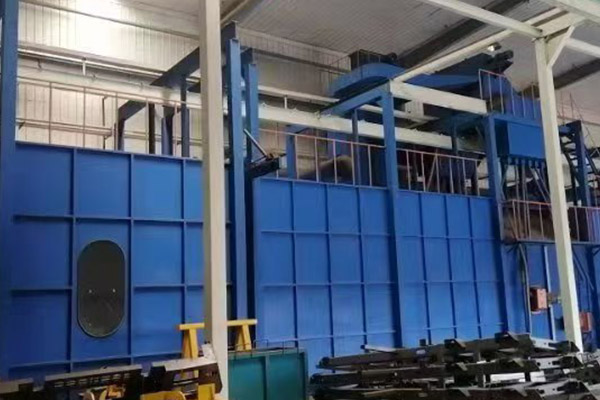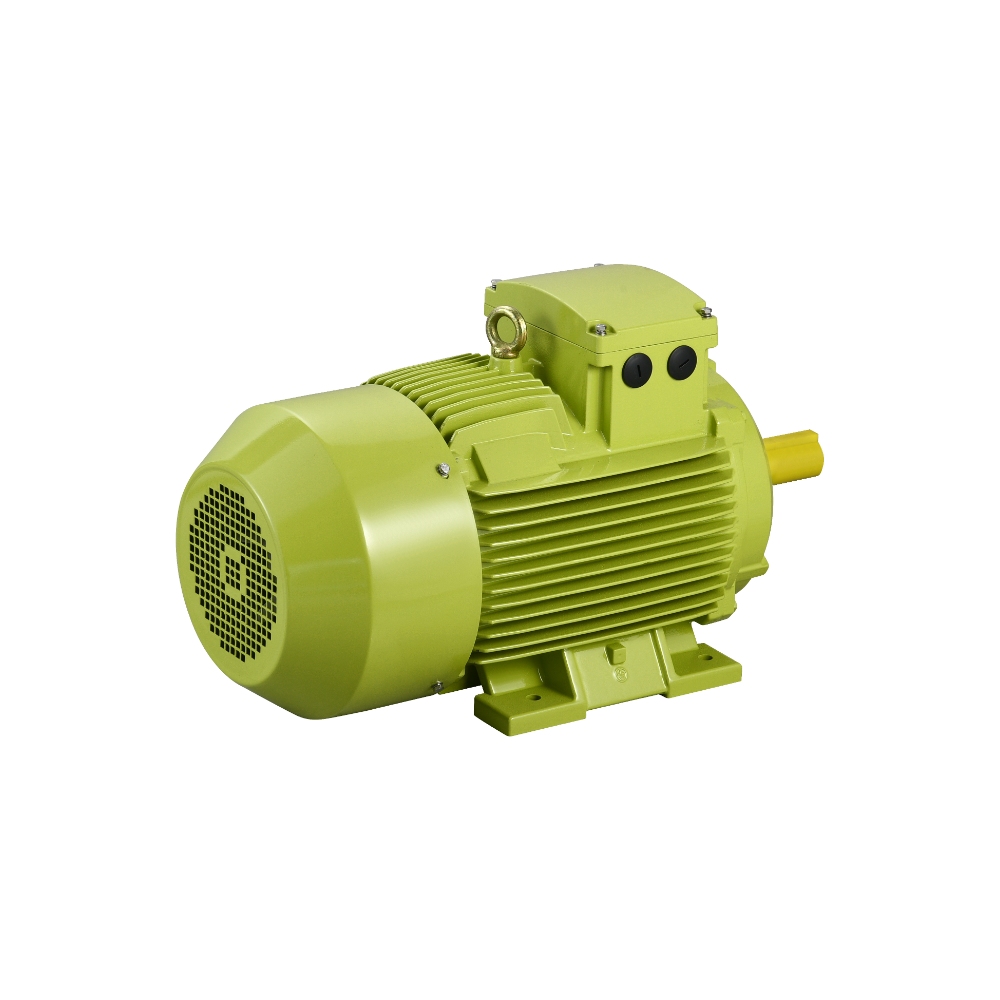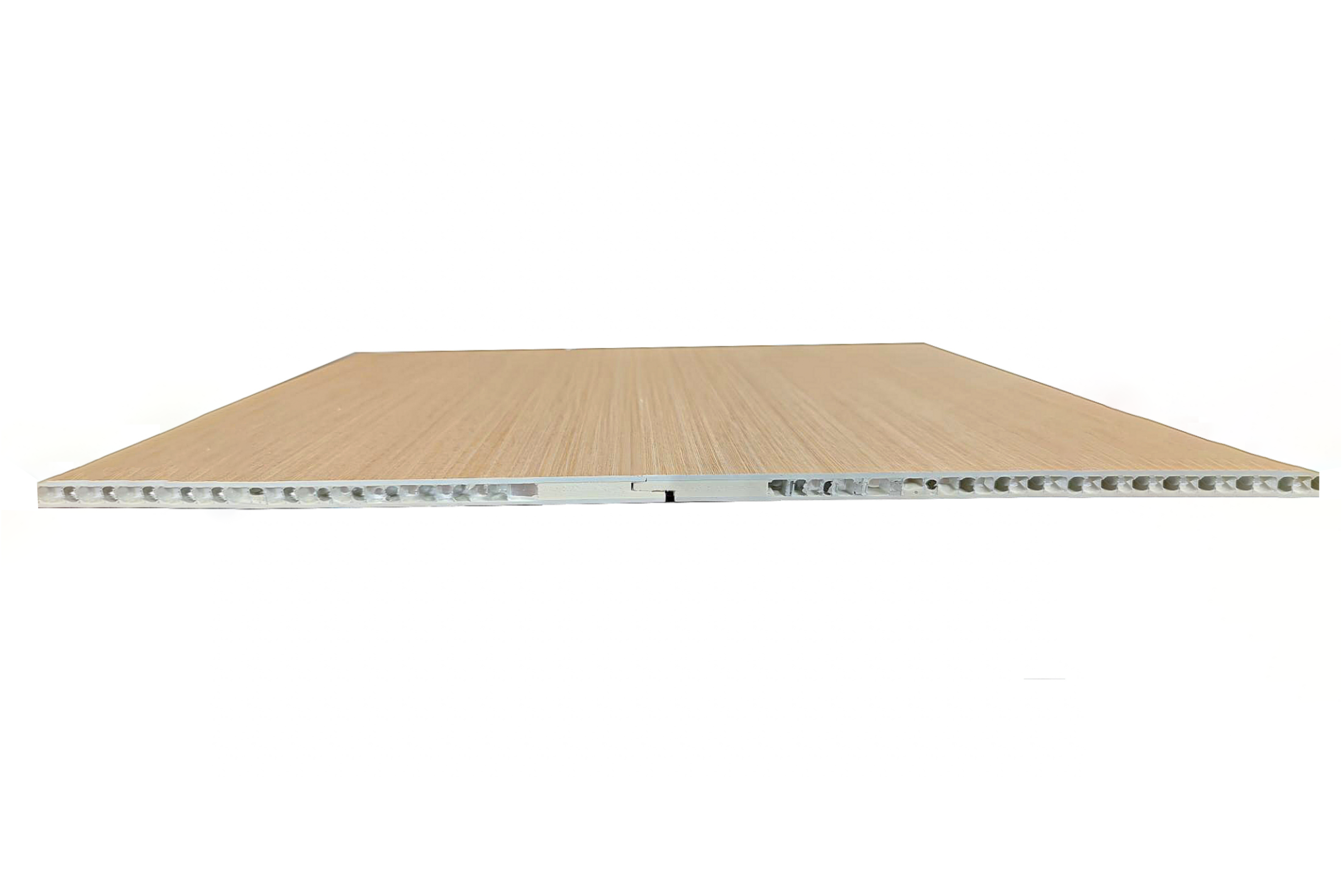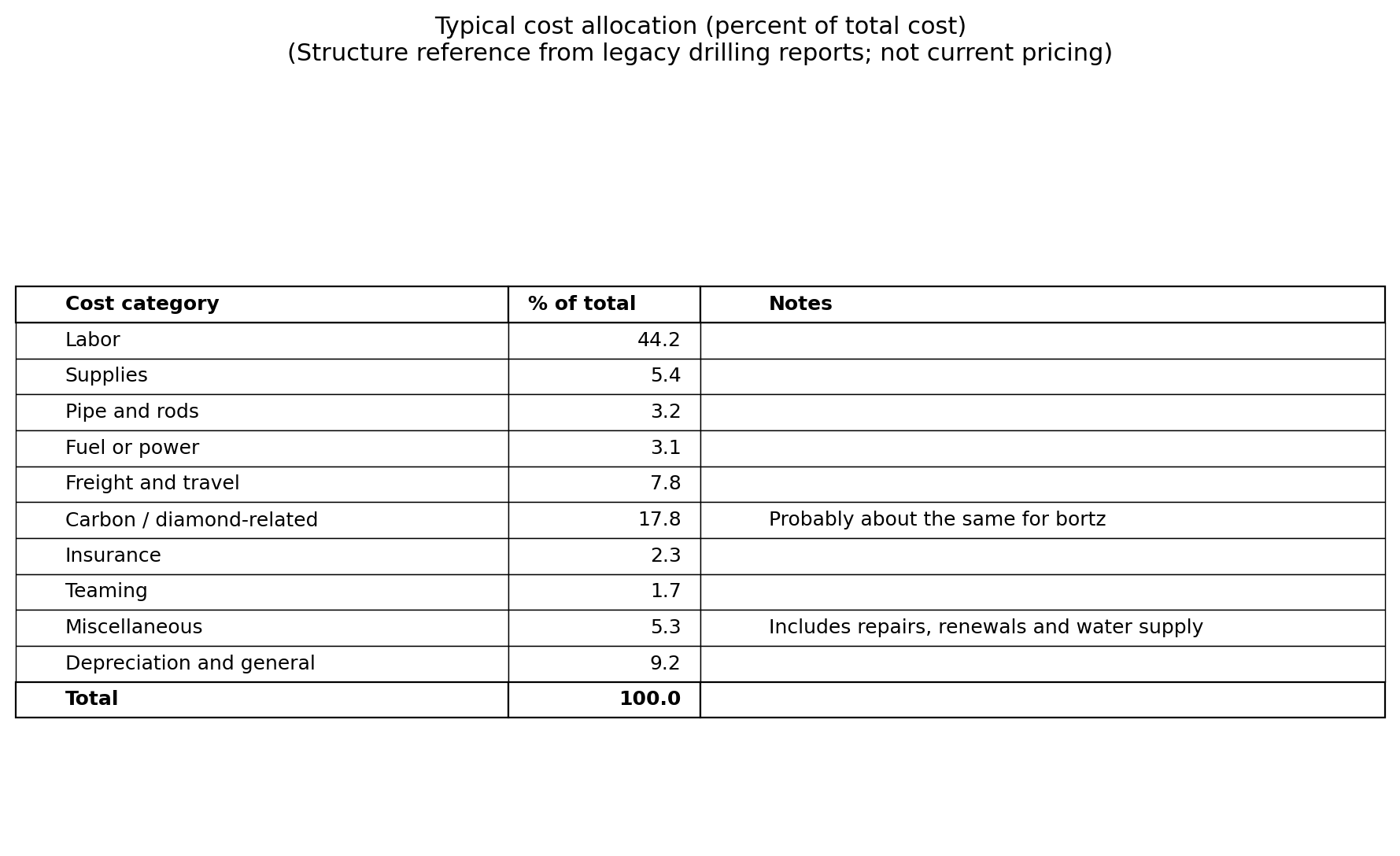https://www.weiguangele.com/14-bit-and-a-19-bit-absolute-solid-shaft-encoder.html
In the realm of precision engineering and automation, absolute solid shaft encoders play a pivotal role in providing accurate position feedback. These devices are essential in various applications, from industrial machinery to robotics and aerospace systems. Jilin Weiguang Electronic Technology Co., Ltd., a leading provider of high-quality electronic components, offers both 14 bit and 19 bit absolute solid shaft encoders. But what exactly differentiates these two types of encoders, and how do these differences impact their applications? Let's dive into the details.
Resolution: The Key Difference
-
14 bit Encoder: A 14 bit encoder provides 214=16,384 unique positions per revolution. This means it can divide a full 360-degree rotation into 16,384 discrete steps, offering a resolution of approximately 0.022 degrees per step.
-
19 bit Encoder: A 19 bit encoder, on the other hand, offers 219=524,288 unique positions per revolution. This translates to a much finer resolution of approximately 0.00068 degrees per step, providing significantly greater precision.
Practical Implications of Resolution
Mechanical and Electrical Characteristics
-
Mechanical Strength: Both encoders from Jilin Weiguang Electronic Technology Co., Ltd. feature solid shaft designs, which provide robust mechanical strength and stability. This ensures that the encoder can withstand significant mechanical stress, making it suitable for demanding industrial environments.
-
Communication Protocols: Modern absolute encoders often support various communication protocols, such as SSI (Synchronous Serial Interface), CANopen, and EtherCAT. Jilin Weiguang's encoders are designed to be compatible with these protocols, allowing seamless integration into different control systems.
-
Environmental Resistance: Encoders used in industrial settings must often withstand harsh conditions, including dust, moisture, and temperature fluctuations. Jilin Weiguang's encoders are built to high IP (Ingress Protection) ratings, ensuring they remain reliable even in challenging environments.
Applications
-
High-Precision Applications: For applications like precision machining centers, robotic surgery equipment, or aerospace control systems, where minute position changes can affect the outcome significantly, a 19 bit encoder is the preferred choice. The higher resolution ensures that even the smallest movements are accurately captured and controlled.
-
General Industrial Use: In more general industrial applications, such as conveyor belt control systems or basic robotic arms, a 14 bit encoder may be sufficient. These applications often do not require the extreme precision of a 19 bit encoder, making the 14 bit option a cost-effective and reliable solution.
https://www.weiguangele.com/14-bit-and-a-19-bit-absolute-solid-shaft-encoder.html
Jilin Weiguang Electronic Technology Co., Ltd.




